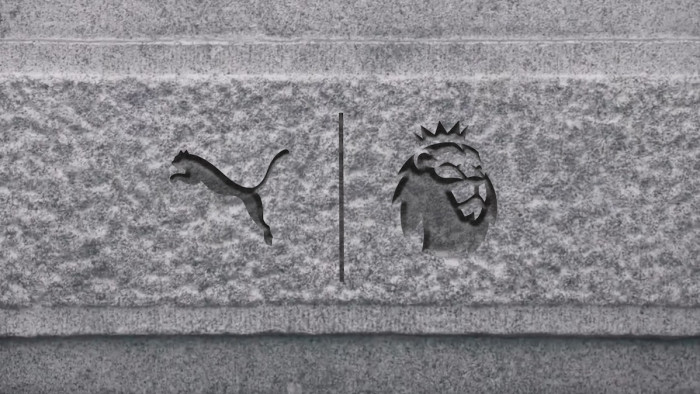Weights are out, mind control is in; ShortList's Ben Isaacs gets an elite coaching session...
Mick Clegg and son Mike have quite the pedigree. Mick was Manchester United’s power development coach for 11-and-a- half years, while Mike played for United, Ipswich, Wigan and Oldham before becoming Sunderland’s strength and conditioning coach. So we’re not exaggerating when we say few people know as much as these guys about how to prepare your body for football. Whatever your level, be it international star (if you’re an England player reading this in Brazil, good luck against Italy on Saturday) or five-a-side odd-man-out, here’s how you can make an impact on the pitch.
Start in the gym
Mike: All positions need different qualities, but there are a couple of universal attributes; single-leg strength, posterior chain strength and a strong core. To be a good jumper, sprinter or dribbler, your core has to be strong. A well-rounded programme that targets muscular imbalances, weak muscle groups and helps to increase robustness can counteract injuries, as well as increase sprint times, ability to change direction and jump height.
Boost ball control with your brain
Mick: To improve ball control you must master mind control. It’s the same in football at any level. You have to practise, practise, practise. Then, when the skill is needed under pressure, it might work for you. If you learn to see things early – like Paul Scholes was known to do – it masks a multitude of sins.
Perfect pre-match warm-up
Mike: This can start two or three days before the game with carb-loading, hydration and sleep. On match day, it will begin with a pre-match meal three hours before kick-off. Warm up on the pitch starts 45 minutes prior to kick-off, and the intensity builds towards game time. This should consist of a dynamic warm-up, position-based small games and stretches.
Recover like a pro
Mick: It’s essential to start your hydration and glycogen recovery, so food intake and sports drinks are needed. There is a one-hour window of opportunity to speed up this process, which is important if you’re playing again soon. Weigh yourself before and after a match, and for every kilo lost replace with 1.5 litres of water or sports drink.
It’s not about looking good
Mick: Footballers frequently think looking good is the thing to aim for – big mistake. Excessive unused muscle doesn’t help. If you want to be a stronger player you should be doing single-leg squats, single-leg Romanian deadlifts, plyometric jumps (double leg and single leg), pull-ups, core work and some derivatives of the Olympic lifts.
Need for speed
Mick: I see too much time spent on the ‘aerobic base’. Anaerobic actions are the key elements. A sprint, leap, overhead kick or tackle are what win World Cups. Jogging for 45 minutes at a steady pace won’t make you into an explosive player. Try sprinting for 50-60m, not in a straight line, back and forth in 10m segments, and do this six times. Then dribble a ball slowly for 30 seconds, eight or 12 times. The body will learn to sprint fast, recovering with a skill element.
Mick and Mike Clegg are fitness consultants for Powerade, the official sports drink of the 2014 Fifa World Cup; Youtube.com/powerade'
Latest
Related Reviews and Shortlists


Ten things you need to know about Hyrox


Horticulturist shares tips on how to urban garden








